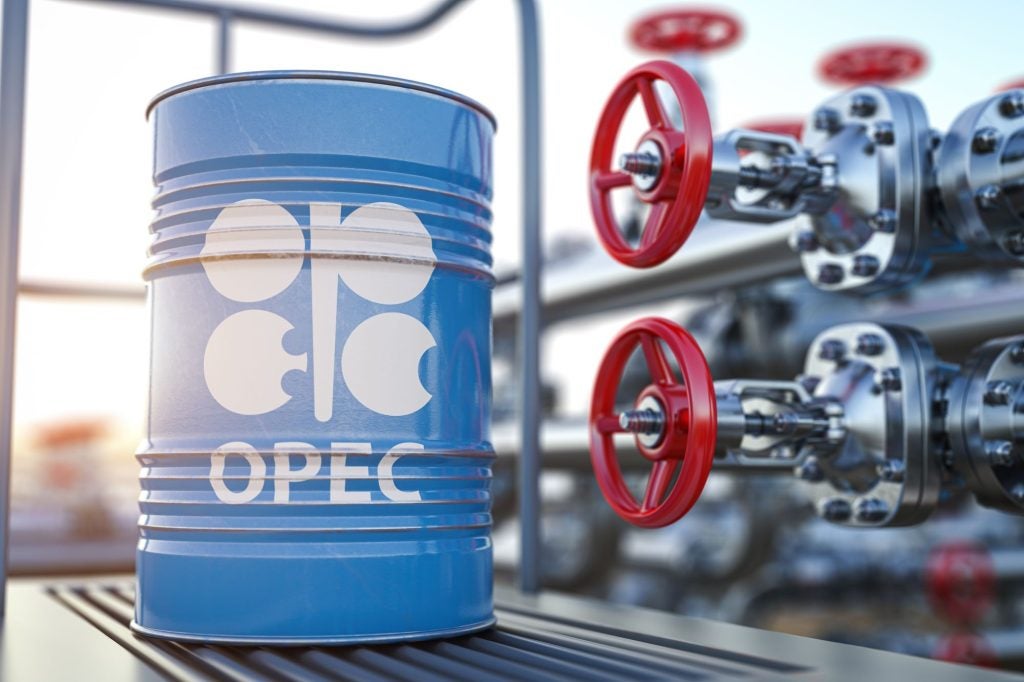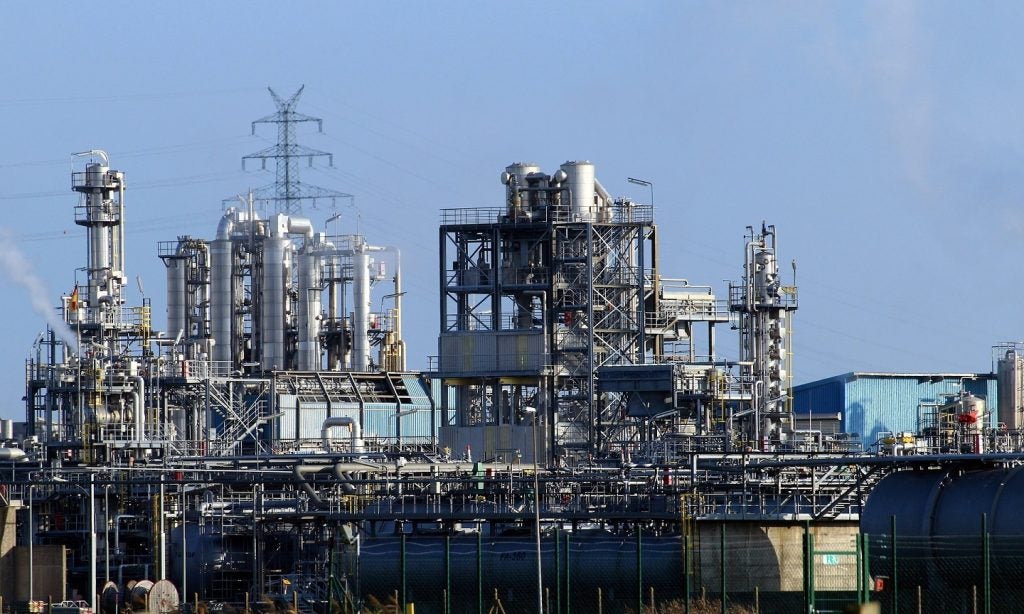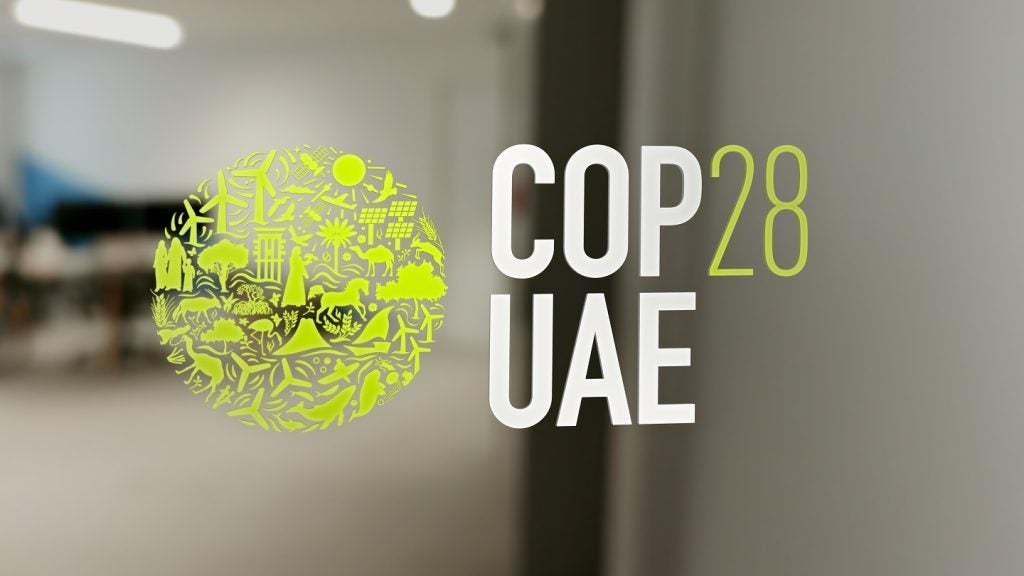Global oil prices recovered somewhat on Friday after delayed OPEC+ talks resulted in underwhelming voluntary cuts by producers.
Brent crude futures, the international oil price benchmark, for February were up $0.06, rising to $80.44 per barrel at 13:06GMT on 1 December. West Texas Immediate crude futures for the same month were up considerably at 08:07GMT at $75.76 per barrel, although prices remain well below September’s year-high of $98 per barrel, sparked by further cuts from Saudi Arabia and Russia.
The OPEC+ group of exporters finally held talks on Thursday, after several delays, in an attempt to overcome internal disagreements and raise flagging crude prices. More voluntary cuts were agreed, although quantities announced fell short of expectations.
Group leader Saudi Arabia committed to extending its existing voluntary cuts of one million barrels per day (bpd) until the end of Q1 2024. Russia said it would raise its current cuts from 300,000bpd to 500,000bpd, with the United Arab Emirates’ state news agency announcing it would cut 163,000bpd in next year’s Q1. In total, producers pledged to increase cuts by 900,000bpd in 2024.
OPEC officials said on Thursday that additional voluntary cuts would be announced by individual member states over the coming weeks and months in a move away from usual proceedings, which would see all cuts announced by the group secretariat.
Uncertainty from the lack of concrete commitments to further cuts has exacerbated an already anxious market environment as divides within the group worsen. OPEC+ began voluntary production cuts more than one year ago but has so far seen little effect on global crude prices.
Traders have warned that the market is losing faith in the ability of the group to successfully bolster oil prices as demand growth for the fuel is expected to slow over the coming years as the global energy transition ramps up.
“The market is going to test OPEC+ and whether $80 a barrel is really a floor they can defend,” said Raad Alkadiri of political risk consultancy Eurasia Group. “The cuts being billed as ‘voluntary’ undermines the psychological impact for the market a little, but if the full cut is realised, its impact on the market should not be discounted.”
Geopolitical tensions in the Middle East, exacerbated recently by the war in Palestine, has caused further market volatility. At the end of October, the World Bank warned that oil prices could soar as high as $150 per barrel in 2024 if the war was to escalate into a regional conflict.













